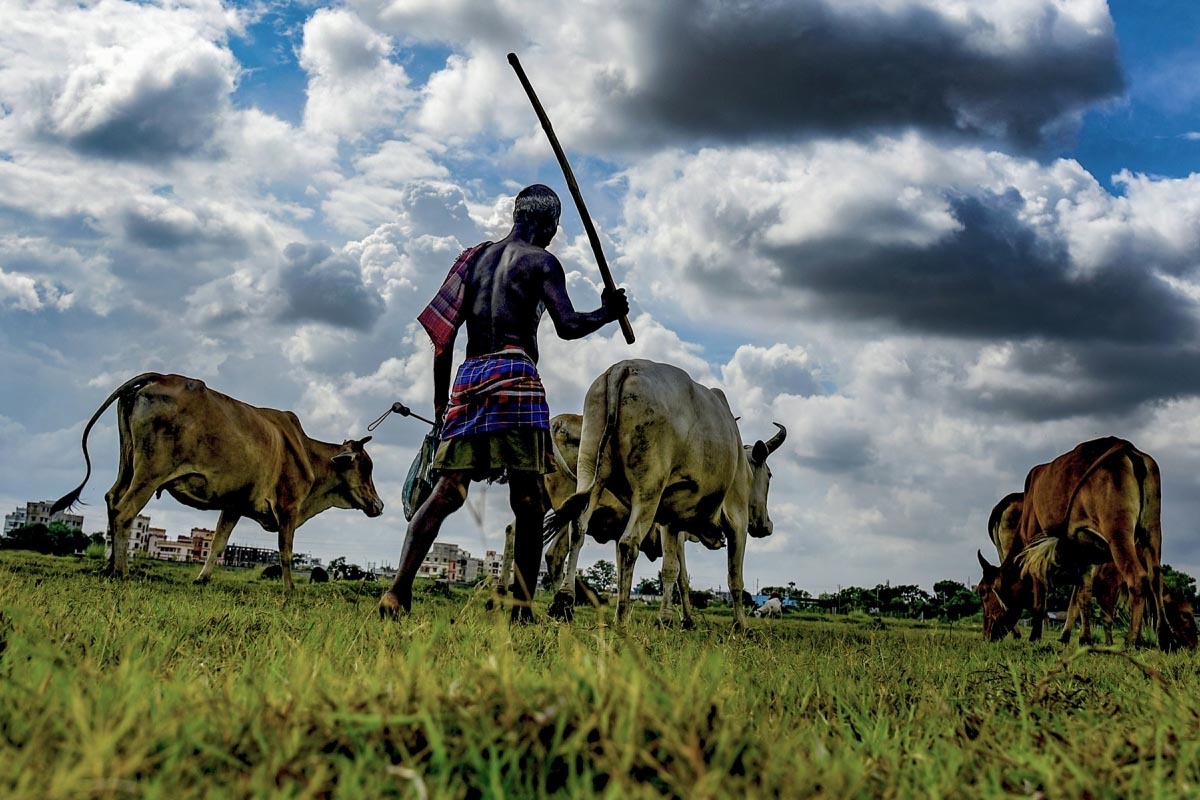The Odisha government has adopted a three-prong programme to ensure agricultural growth and to multiply farmers’ income, the state’s Principal Secretary in the Department of Agriculture and Farmers’ Empowerment, Mr. Suresh Kumar Vashishth said on Wednesday.
The biggest need today was to empower the farmers as 90 percent of the farming community in the state fell in the small and marginal category and the need was to encourage them to diversity and go for high value and climate-resilient crops, Mr. said Vashishth while addressing a day-long Capacity Building Program for Input Management of Rabi Crop for Farmer Producer Organisations (FPO) at the Institute of Agricultural Sciences (IAS), SOA’s faculty of agricultural sciences.
Mr. Vashishth said the government was focusing attention on crop diversification and integrated farming while promoting the Farm Pond Plus programme to encourage farmers to take up pisciculture alongside horticulture.
The programme was jointly organised by SOA, Livelihood Alternatives, Dhanuka Agritech Limited, and NAFED.
Odisha’s cultivation pattern was heavily tilted towards paddy with the crop claiming 70 per cent of the agricultural land while the rest 30 percent of the cultivable area was under cereals, pulses, oilseeds, and other crops, Mr. Vashishth said.
“We are surplus in paddy but the deficit in pulses and oilseeds,” he said adding pilot projects were being taken up in the southern districts of Koraput, Rayagada, Malkangiri, and Nabarangpur where farmers were being provided incentives to take up pulses and oilseed cultivation.
Thrust was now being put on integrated farming with farmers being encouraged to diversify into cereals, oilseeds, pulses, fruits, vegetables, livestock, poultry, and fisheries, Mr. Vashishth said adding farmers were being asked to take up freshwater aquaculture in a big way combining it with horticulture on the embankment of the ponds.
He said Odisha first mooted the FPO policy in 2018 and was actively pursuing the promotion of FPOs. There were 279 FPOs in the state of which 213 had been on the National Agriculture Market (eNAM) platform, a trading platform for agricultural commodities in India which facilitated farmers, traders, and buyers with online trading in commodities.
“Each FPO has to make a profit so that the farmer members can benefit,” he said adding SOA should step in to provide knowledge to the farmers on the field and adopt at least one district with the aim of multiplying farmers’ income.
Mr. Vashishth said paddy crops in approximately five lakh hectares of land in the state had been lost because of the recent rains.
A Memorandum of Understanding (MoU) was signed between Livelihood Alternatives and Dhanuka Agritech Ltd on the occasion of ensuring farmers easy access to agricultural inputs.
Dr. Pawan Kumar Agarwal, Vice-Chancellor of the Orissa University of Agriculture and Technology (OUAT), joined the program virtually while it was addressed by SOA Pro-Vice-Chancellor Prof. Pradipta Kumar Nanda, Chief Executive Officer of Livelihood Alternatives Mr. Sambit Tripathy, Advisor of Dhanuka Agritech Limited Mr. Binod Anand, Dean, IAS Dr. Bijay Kumar Sahoo and SOA’s Dean (Students’ Welfare) Prof. Jyoti Ranjan Das.












